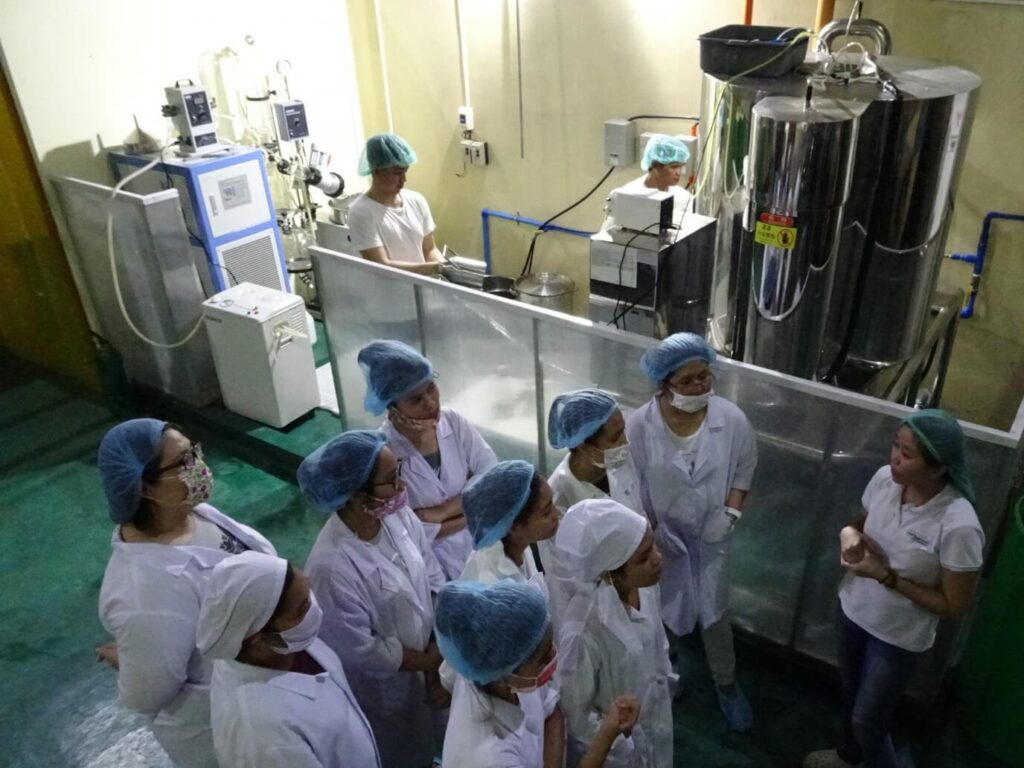DOST program supports private sector R&D
Manila Bulletin
Published November 25, 2019, 2:59 PM
By Dhel Nazario
In spite of the country’s recent jump in ranking in the recent Global Innovation Index 2019, the budget for research and development (R&D) remains at a meager 0.6 percent of the country’s Gross Domestic Product (GDP), a far cry from the UNESCO benchmark for developing countries such as the Philippines, which is one percent.

Despite this, the Department of Science and Technology (DOST) through the Business Innovation Science and Technology (BIST) Program continues to support R&D in the private sector.
The BIST Program is designed to assist Filipino-owned companies to innovate and develop competitiveness through acquisition of new and relevant technologies – hardware or software – for research.
The proposed technology acquisition with its corresponding research and development must be implemented within three to five years with a refund, without interest, commencing on the third year of project implementation.
Aiming to take the herbal extracts in the Philippines to the next level and to support the R&D efforts of local companies, the first grantee of the DOST-BIST program is Herbanext Laboratories, Inc. — a Filipino research-oriented natural products company based in Bacolod, Negros Occidental.
The DOST BIST grant to Herbanext Laboratories, Inc. will be used to develop local technology to produce pharmaceutical-grade extracts for the local drug manufacturing industry. In the coming years, Herbanext intends to scale-up this technology to allow the local production of active pharmaceutical ingredient for the Philippine herbal drug industry.
“The rise in our global innovation ranking to 54th from 73rd the previous year validates our work and encourages us to continue our mission to strengthen R&D across the country,” said DOST Secretary Fortunato T. dela Peña.
As opportunities for R&D are created for Filipino companies, technologies and business innovations will equate to increased profitability, he said.
Herbanext ventured into the production of standardized botanical extracts in 2008. The primary target market of the company were food supplement and functional food industries which required simple spray-drying as a method to obtain plant extracts.
The BIST financial assistance granted to Herbanext will be used to acquire pilot-scale R&D equipment to address the technology gaps mentioned. In the coming years, Herbanext intends to scale-up this technology to allow the local production of active pharmaceutical ingredient for the Philippine herbal drug industry.
Herbanext is also one of the researchers that contributed to the 18 formulations presented by DOST-PCHRD to the private sector, which are ready to be commercialized as herbal supplements under the Tuklas Lunas Program. The Tuklas Lunas Program aims to harness the potential of the Philippine biodiversity and leverage on local expertise to respond to the growing health needs of the Filipinos.